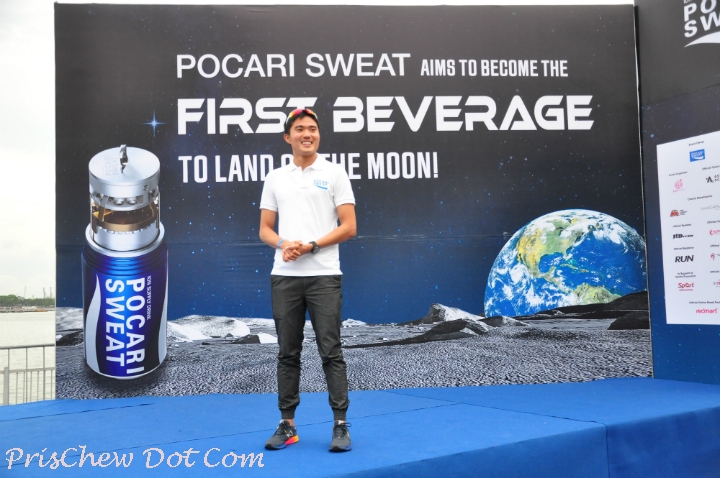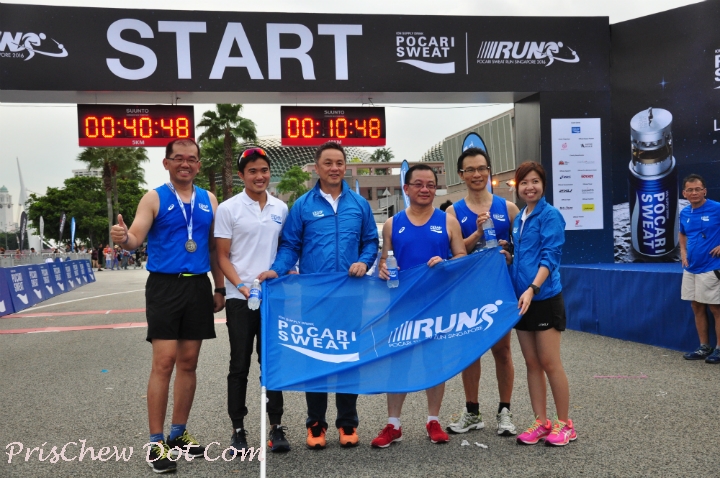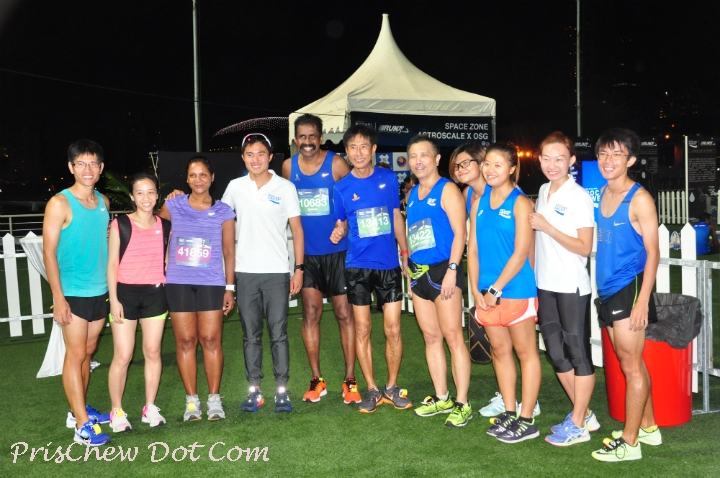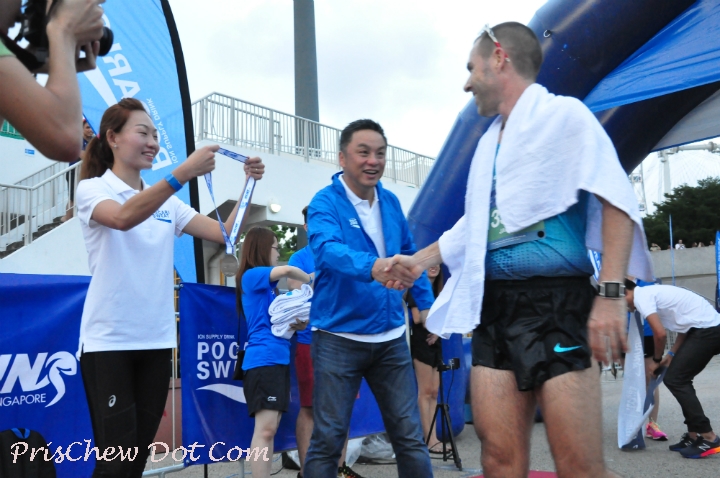Last Sunday, national marathon runners Mok Ying Ren and Neo Jie Shi took part in a panel discussion at the Pocari Sweat Run Singapore 2016, where they shared more about their dreams and also imparted some tips about running.
Mok’s Olympic dream
Mok, 28, a two-time South East Asian Games gold medalist in the triathlon and marathon events, harboured a dream to go to the Olympic Games in Rio this year. Injuries had hampered his preparation, so Mok will not be realising his dream this year.
Mok’s Olympic dream saw him spend one year training full-time in Boulder, Colorado, the United States and putting his medical career on hold in the process.
Said Mok, “The mentality of many Singaporeans is to get a full time job and spend half of their lives working from 8am – 5pm every day. So it is a good idea to set goals and dreams outside of work and attempt to achieve these. Sometimes it may be good to let work take a backseat for a while.”
He added, “The first thing though is to be patient with yourself and your dreams. Take some time to set your dream, for example, to run the Boston Marathon, and pen it down and slowly work towards it. Small steps to integrate running into your lifestyle, such as like running home will gradually help you to achieve these goals.”
Never thought she would make the Olympics
Neo, who works as an Assistant Manager in Human Resources & Administration, has realised a dream far bigger than what she had ever imagined, certainly understands about dreaming big. This is because she will represent Singapore in the Marathon at the Olympics in Rio next month.
Said Neo, 31, “I never thought I would qualify for the Olympics because it seems so far away. But now that I have actually made it there, I realise that we should all dream big, because you never know where life would take you someday.”
She added, “I had started out as a recreational runner like everyone else, and became more competitive when I joined the SAFRA Jurong Running Club. I got advice from veterans there and began to run more, and started seeing improvements. Being a part of a running club has made me more motivated to train as they have a structured programme – if I run alone, I tend to be lazy and tired.”
Training with a running club helps
Mok also realises the importance of training with a club. He says, “Even in the States, they have weekly club runs that are open to the public. About 50 – 100 people turn up each time to run the Boulder trails.”
Continued Mok, “Now in Singapore, there are lots of local clubs such as Running Department doing free weekly runs. The running community here is definitely growing and becoming more vibrant.”
Running with clubs also leads to more consistent training, according to Neo.
Said Neo, “Running consistently is the key word in order to improve. My foundation and my regular training with my club has been the catalyst to my success today. This has resulted in progress and has worked out well for me.”
She added, “But I think that I am quite fortunate too. Though I work from 9am – 6pm like everyone else does, I am fortunate that my work lets me train in the weekday mornings and the evenings. At work I can stay focused on my task and I stay back only on my rest and easy run days.”
Working full time is a problem for many Singapore runners
Mok points out that working full time though is a huge problem that a lot of runners in Singapore are facing.
He says, “Singapore runners are really hardworking. They will run and also work too. In the States though, the runners are professionals. They will train full time, or else they may work for 1 – 2 hours as a personal trainer. But Singaporeans juggle full time work together with training.”
Continued Mok, “That makes Singaporean runners really hardy. Many of them take part in weekly running events too. To me, this mindset is actually a winning mentality – no matter what, Singaporean runners are committed to running and want to get out there to just run. They are determined to do it regardless of the circumstances.”
Setbacks can hinder goals
But sometimes setbacks can hinder goals and dreams though, as Mok knows quite well – he has had his fair share of injuries and these had kept him out of running for months. These had included ailments such as shin splints and tendonitis.
Said Mok, “So I had to stop running for 6 – 12 months because of injuries. Those times are really challenging but they will pass you and you will definitely come back stronger. You really need to give your body time to recover though and take your mind off running when these happen.”
He added, “But your family will always be there for you no matter what, and that is definitely heartwarming to know.”
Neo agrees too – in fact, towards the end of the panel discussion, her family had turned up to sit among the audience at the Pocari Sweat Run race site to show their support for her. This really brought a smile to Neo’s face.

![Mok and Neo, with Pocari Sweat's Wina. [Photo courtesy of Pocari Sweat Singapore]](https://www.prischew.com/wp-content/uploads/POCARI-SWEAT-Ambassadors-Mok-Ying-Ren-and-Neo-Jie-Shi-with-Ms.png)





Leave a Comment